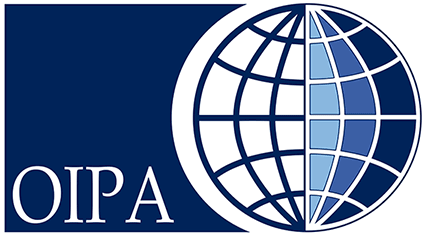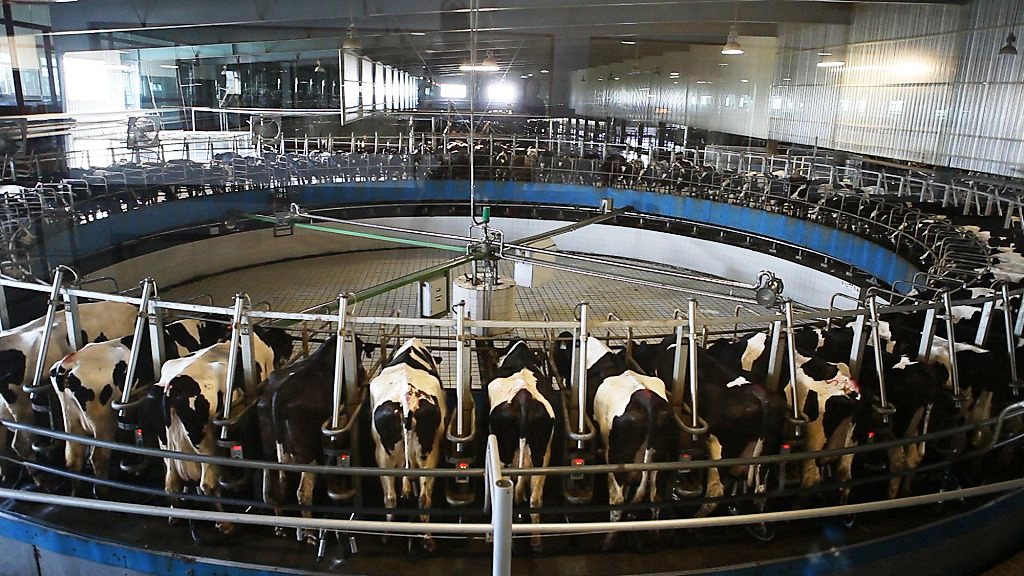As we have seen, milk cannot be considered as the essential and divine food, which prevents many diseases, is rich in protein, develops a good skeletal structure, prevents osteoporosis, makes muscles and arteries stronger and helps in the insulin dependent diabetes control… as it is always described by farmers, breeders and milk sellers.
Of course, they earn a living by exploiting dairy cows (and not only!), and so their vision of the world and their opinions are narrowly influenced by this.
Anyway, the colossal disinformation which has been realized, particularly by mass media, about milk has created a number of myths that are more and more difficult to eradicate.
Let’s try to clarify something:
- Woman’s milk is excellent for babies… as cow’s milk is perfect for calves.
“Until two years old, babies should be fed with breast milk. After that period, forget any type of milk!” This famous sentence has been such as a bomb in the beginning of the 1990s, especially because it was pronounced by the famous doctor Benjamin Spock, father of the modern paediatrics. Cow milk huts, mostly in the growth stage, because it can provoke immune deficiencies and other disorders, including anaemia, allergies and even inadequate brain development. Across the Western world, many railed against Spock, defining him as an “old arteriosclerotic”, just because, at the age of 89, he had the intellectual courage of admitting his mistakes and declaring cow milk unadapt to human beings.
- A healthy mother’s milk is always fresh and bacteriologically pure, while all the other types of non-human milk need to pass through a “cooking” process.
The “cooking” process, which is realized by subjecting the liquid to high temperatures, is necessary to destroy pests… but at the same time, it destroys the good components too. Breast milk and dairy milk are absolutely different: they are different in the composition and in the quality of the ingredients, due to their final recipients. Only the breast milk has substances which immunize the new-born from infections, as well as the right quantity of phosphor useful to the brain development; while cow milk has too much casein, a protein which “curdles” in our stomach, making it difficult to digest.
| Type of milk | Lactose | Fats | Proteins | Salts |
| Human | 7% | 4% | 1.5% | 0.2% |
| Cow | 4.4% | 4.5% | 4.3% | 0.8% |
| Goat | 4.8% | 4.8% | 3.5% | 0.45% |
through this chart, differences are easier to note. Cow milk contains from 3.5% to 5% of protein, while breast milk has an average content of 1.2%. When a human being drinks cow milk, he is drinking a protein overdose: when protein exceeds the normal requirements, the excess cause an overload for liver and kidneys, whose role is to eliminate the products of protein metabolism.
- Man is the only animal which continues to feed on milk, even after the weaning.
Cow milk is useful to help calf growing up like a cow (or a bull), but surely it does not help a baby human to become a man. To this aim, nature has prepared the breast milk. However, since 1950, with the economic boom, the number of women who renounced to feed their new-born increased. Reasons are different, from time to lack of knowledge about the importance of human milk in the first months of life, from aesthetic reasons to the pounding misinformation of mass media, paid by milk-producing industries (powdered or not), certainly helped by the “health priests” in white coats who have helped to create a real “myth”.
- Drugs and antibiotics.
The awful condition in which cows are held impose to farmers the massive use of antibiotics, in order to prevent the diffusion of diseases and infections. Not only the environmental situation, but even the continuous pregnancies and the continuous milk extraction, fuels the spread of infections, in particular mastitis. Obviously, all this drugs to which the cows are constantly submitted pour into their main product: milk. And of course, all the antibiotics are drunk by human beings, which, for the fact of being non-stop covered by antibiotic protection, make bacteria more and more stronger and resistant.
There are many more reasons to stop drinking milk, the first of which is surely the compassion for cows and all the animals involved in the fearful dairy industry.






